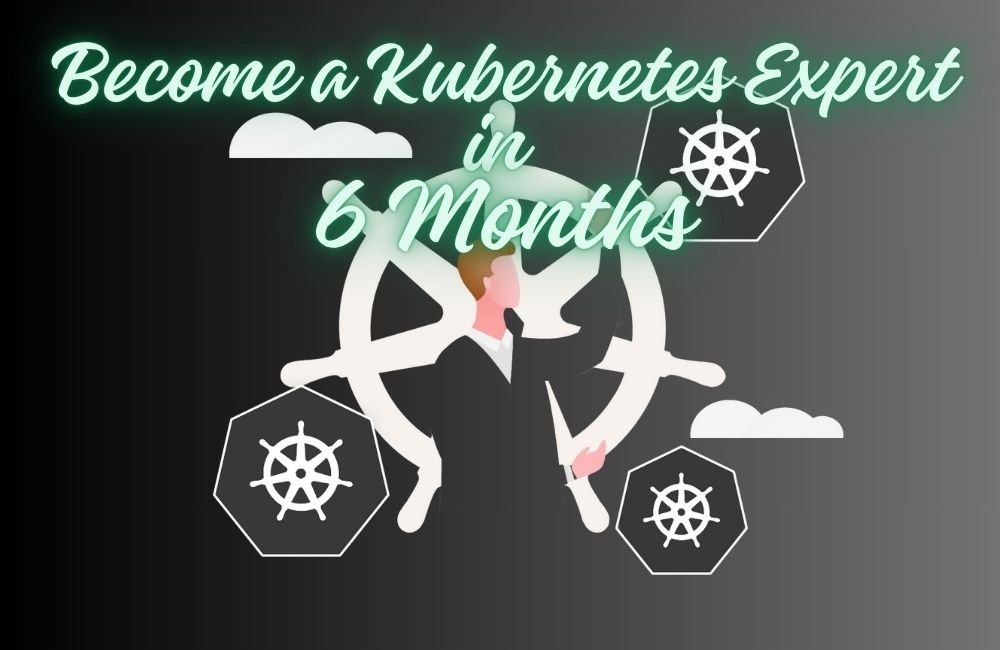In India’s fast-evolving tech industry, mastering the right tools is crucial for standing out. One such powerhouse is Kubernetes, the open-source container orchestration platform that’s now a must-know for DevOps engineers, cloud architects, and system administrators.
If you’re wondering how to become a Kubernetes expert in 6 months, you’re in the right place. Whether you’re a fresher, IT student, or experienced developer planning a career switch, this step-by-step guide by YoCyber.com will help you go from zero to Kubernetes hero—with a roadmap tailored for the Indian IT job market.
Why Kubernetes Is a Game-Changer in IT
Kubernetes (aka K8s) is used by top companies like Google, Amazon, Infosys, Flipkart, and Paytm to deploy, scale, and manage containerized applications.
Here’s why it matters:
- Job demand: 40,000+ Kubernetes-related openings in India (LinkedIn 2025)
- High salary: ₹10–25 LPA average for Kubernetes-skilled professionals
- Global reach: Opens doors to remote and international jobs
- Tech essential: Core skill for roles in DevOps, Cloud, and SRE
According to the CNCF 2024 report, Kubernetes adoption in India grew by 70% in a year.
Who Should Learn Kubernetes?
If you’re in any of these categories, Kubernetes is a great career bet:
- Final-year IT/CS engineering students
- DevOps beginners or Cloud learners
- Working professionals looking to upskill
- IT support/infra staff wanting better roles
- Freshers with knowledge of Linux or containers
6-Month Roadmap to Become a Kubernetes Expert
Let’s break your journey into 6 practical, skill-focused months. You’ll need to dedicate around 8–10 hours per week (or more if you want to go faster).
Month 1: Master the Fundamentals

Goal: Understand containers, orchestration, and the problem Kubernetes solves.
Key Skills:
- What is DevOps and CI/CD?
- Docker basics: images, containers, volumes
- Kubernetes architecture: pods, nodes, services
Resources:
- Docker & Kubernetes: The Complete Guide by Udemy
- Kubernetes 101 by freeCodeCamp on YouTube
- Read: kubernetes.io
Tasks:
- Install Docker and Kubernetes locally (Minikube or Kind)
- Create your first container and pod
Certifications (Optional):
- Docker Essentials (free via IBM on Coursera)
Month 2: Deep Dive into Core Concepts
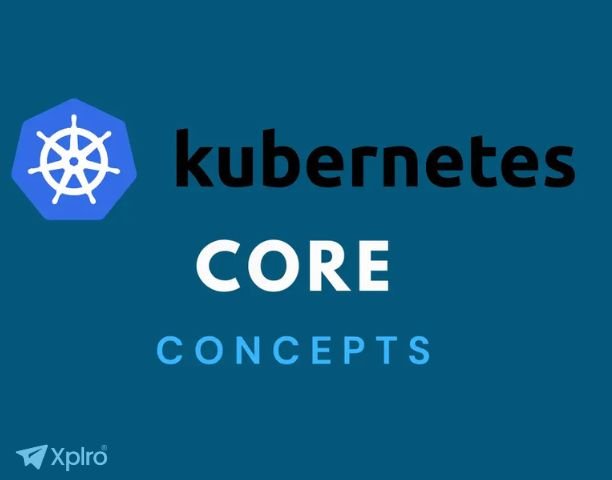
Goal: Learn key Kubernetes components and how they interact.
Key Concepts:
- Pods, Deployments, ReplicaSets
- ConfigMaps & Secrets
- Services (ClusterIP, NodePort, LoadBalancer)
- Namespaces & Labels
Resources:
- Kubernetes for Developers (Pluralsight or Udemy)
- Use Play with Kubernetes or Katacoda Labs
Tasks:
- Deploy your first multi-pod app
- Configure secrets and environment variables
Practice:
Build a “To-Do App” with backend and frontend on Kubernetes
Month 3: Learn Networking & Storage
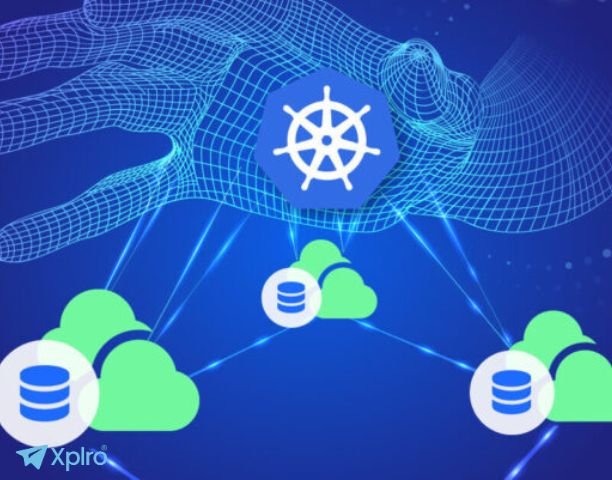
Goal: Understand service discovery, ingress, and persistent storage
Topics:
- Ingress controllers and load balancing
- Kubernetes networking model (CNI plugins)
- Volumes and PersistentVolumeClaims
- Helm Basics (template deployments)
Resources:
- Kelsey Hightower’s “Kubernetes the Hard Way”
- DigitalOcean Kubernetes Tutorials
Tasks:
- Expose an application using Ingress
- Set up storage using a PVC
Month 4: CI/CD, Monitoring, and Logs
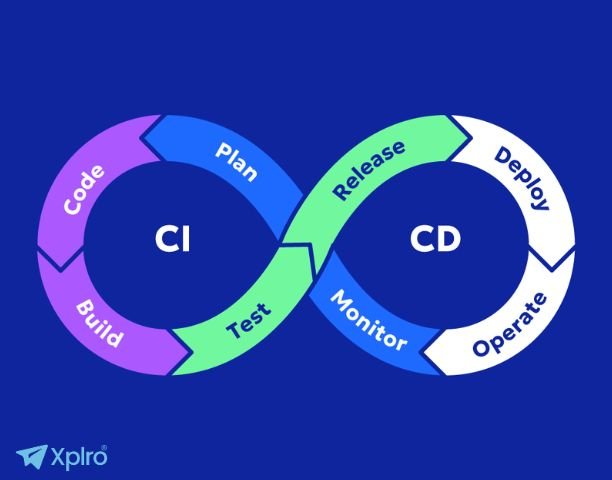
Goal: Learn to integrate Kubernetes into real-world DevOps workflows
Skills:
- Set up Jenkins/GitHub Actions for CI/CD
- Prometheus + Grafana for monitoring
- Fluentd or Loki for logging
Resources:
- CI/CD with Jenkins on K8s (CodeClouds)
- Prometheus + Grafana stack from Bitnami
Project:
Deploy an app with automated CI/CD pipeline, alerts, and metrics dashboard.
Month 5: Prepare for Certification (CKA or KCNA)
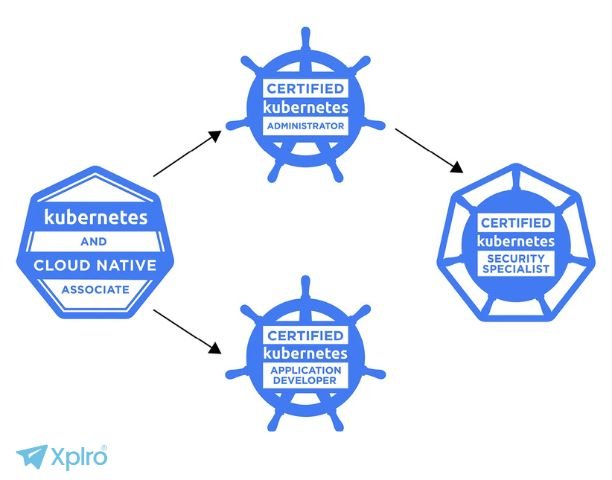
Goal: Get ready for industry-recognized Kubernetes certification
Certifications to Target:
- KCNA (Kubernetes & Cloud Native Associate) – Beginner
- CKA (Certified Kubernetes Administrator) – Intermediate
- CKAD (Application Developer) – Developer-focused
Prep Tips:
- Use Killer.sh CKA simulator
- Practice YAML writing and CLI usage (kubectl, etc.)
- Join CNCF Slack channels or Reddit for peer learning
Bonus: Free exam vouchers are sometimes available via CNCF events or partners
Month 6: Build & Showcase Your Portfolio

Goal: Demonstrate your skills with real-world projects
Ideas for Projects:
- Deploy a personal website on Kubernetes with auto-scaling
- Create a multi-tier eCommerce app with monitoring
- Build a microservices setup with Ingress and persistent storage
- Set up ArgoCD or Helm for GitOps
Where to showcase:
- GitHub (README with architecture diagrams)
- LinkedIn (with demo videos or blog posts)
- YoCyber career portfolio (coming soon!)
What Is the Best Way to Learn Kubernetes in India?
Here’s what we recommend at YoCyber:
| Method | Best For | Cost | Platform |
|---|---|---|---|
| Self-paced courses | Flexible learning | ₹500–₹5,000 | Udemy, Coursera, KodeKloud |
| Bootcamps | Fast-track, mentor-led | ₹10,000–₹50,000 | YoCyber, Scaler, Simplilearn |
| YouTube + Docs | Budget learners | Free | FreeCodeCamp, Kubernetes.io |
| Hands-on labs | Practice | Free/Paid | Katacoda, Play with K8s |
Tip: Combine self-learning with real practice and mentorship for best results.
Top Jobs for Kubernetes Experts in India
- DevOps Engineer
₹8–20 LPA – Kubernetes + CI/CD + Monitoring - Site Reliability Engineer (SRE)
₹12–30 LPA – Focus on scaling and uptime - Cloud Native Developer
₹6–15 LPA – Build apps for Kubernetes - Platform Engineer
₹10–22 LPA – Build internal K8s platforms - Kubernetes Administrator (CKA certified)
₹10–25 LPA – Focus on clusters, policies, and scaling
Common Mistakes to Avoid
- Jumping straight to CKA without basics
- Ignoring YAML skills — essential!
- No hands-on projects — theory won’t get you hired
- Not updating your resume/LinkedIn with your skills
Recruiters want real use-case exposure, not just certs. Practice beats passive learning.
Free Resources to Speed Up Your Journey
- https://kubernetes.io/docs – Official Docs
- https://katacoda.com – Free interactive labs
- https://github.com/kelseyhightower/kubernetes-the-hard-way
- YoCyber.com Webinars & Workshops – Updated monthly
Final Thoughts: You Can Become a Kubernetes Expert in 6 Months!
Kubernetes is not just a buzzword — it’s a career-defining skill. If you stay consistent and follow this roadmap, you can go from beginner to Kubernetes expert in just 6 months, even without a prior cloud background.
With high demand, rising salaries, and global opportunities, this is the perfect time to invest in your Kubernetes journey.
Ready to Get Started?
- Join our Kubernetes Fast-Track Program at YoCyber.com
- Get access to certification roadmaps, live mentorship, and project reviews
- Book your free IT career counselling session today!
FAQs
1. What is Kubernetes and why is it important for IT professionals in India?
- Kubernetes helps manage containerized applications efficiently. It’s in high demand across Indian IT firms for DevOps and Cloud roles.
2. Can I learn Kubernetes without prior cloud or DevOps experience?
- Yes, with basic Linux and Docker knowledge, beginners can start learning Kubernetes easily using free online resources.
3. How much time does it take to become a Kubernetes expert?
- With consistent effort, you can become job-ready in 6 months by dedicating 8–10 hours per week to learning and practice.
4. Which certification should I pursue first—CKA, CKAD, or KCNA?
- Start with KCNA as a beginner; choose CKA for admin roles or CKAD if you’re more focused on development.
5. Are there any free Kubernetes learning resources for Indian students?
- Yes, platforms like Kubernetes.io, YouTube, Katacoda, and YoCyber offer free tutorials and labs to get started.
6. Is Kubernetes knowledge enough to get a high-paying job in India?
- Kubernetes plus CI/CD, cloud, and monitoring skills can help you land roles with salaries between ₹8–25 LPA.
7. How do I practice Kubernetes without a cloud account?
- Use Minikube, Kind, or Docker Desktop to set up a free local Kubernetes cluster for practice.
8. What are the common mistakes beginners make while learning Kubernetes?
- Skipping Docker basics and avoiding hands-on practice are two major mistakes that delay progress.
9. How do I build a portfolio using Kubernetes skills?
- Deploy sample projects, automate with Helm, and showcase them on GitHub with detailed documentation.
10. Does YoCyber offer Kubernetes-related workshops or courses?
- Yes, YoCyber provides hands-on workshops, mentorship, and certification support for Kubernetes learners in India.

